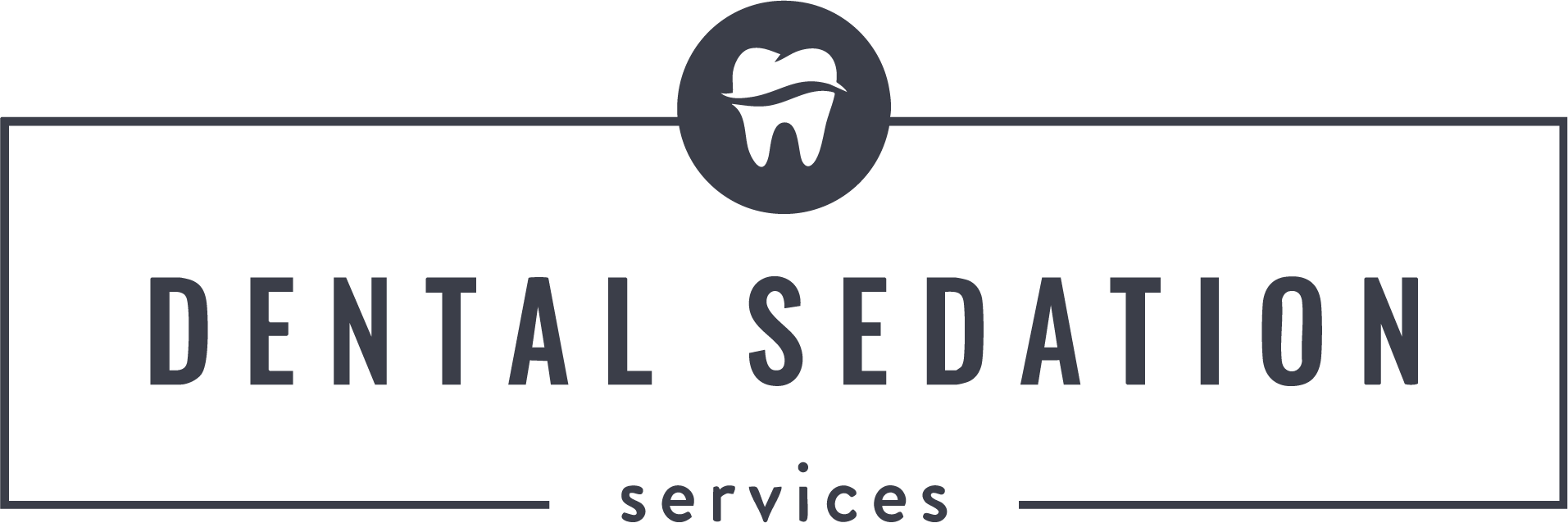
While oral surgery does involve the use of anesthesia that needs to be performed by a specially trained dental professional, it is usually less invasive than people think. Most patients do not have to wait very long to schedule their procedure. Oral surgery can be completed right in the dentist’s office with ease while under anesthesia. A few of the most common reasons for oral surgery are dental implants, tooth extractions, biopsy, and jaw correction.
Dental Implants
Missing one or more permanent teeth can be emotionally distressing and cause the jaw bone to deteriorate. A dental implant is a long-lasting tooth replacement solution that needs to be surgically placed by your dentist or oral and maxillofacial surgeon.
Tooth Extraction
Tooth extraction is necessary when a tooth is beyond repair or causing other more severe conditions. This procedure is appropriate for patients who experience the following concerns:
-
Wisdom tooth impaction
-
Extensive tooth decay
-
Fractured teeth
-
Overcrowding
-
Abscess or infection
Biopsy
According to the American Cancer Society, around 51,000 people will have developed oral cavity or oropharyngeal cancer in 2018 alone. Regularly going to the dentist can help diagnose oral cancers in their early stages. Any suspicious lesions or growths may necessitate a biopsy for diagnosis. During this procedure, a small portion of tissue in the target area is removed for further analysis.
Jaw Correction
Orthognathic (jaw) surgery is performed to correct irregularities in the jaw that have resulted from damage, growth problems, stress-related wear, and congenital deformities. Some of the most common reasons for undergoing jaw surgery are:
-
Joint pain caused by TMD (temporomandibular joint disorders)
-
Jaw trauma
-
Malocclusion or bite problems
-
Jaw malposition (underbite or overbite)
Have a Pleasant Oral Surgery Experience
Oral surgery may induce feelings of anxiety or fear in some patients, but dental sedation can help. Board-certified dental anesthesiologist, Dr. Jay Patel offers various dental sedation services throughout New Jersey, New York, and Pennsylvania to give patients a comfortable experience.
To find out if IV sedation can be used for your upcoming oral surgery, call Dental Sedation Services at 732.986.3690.

